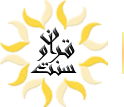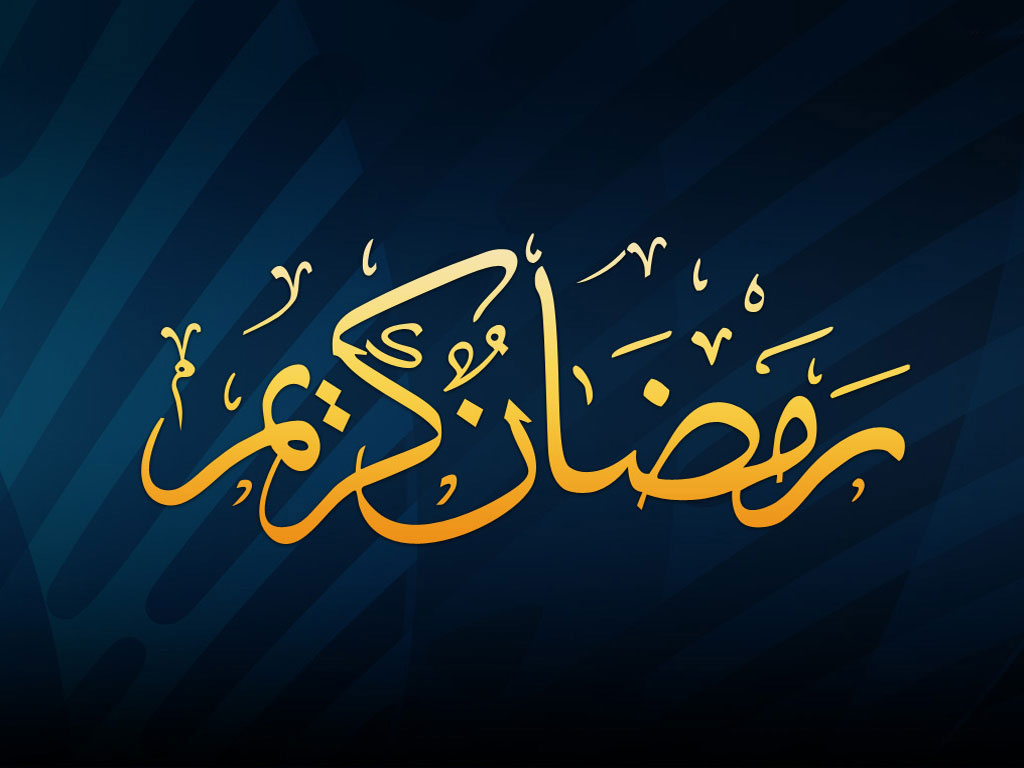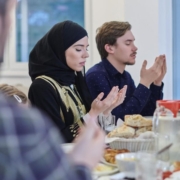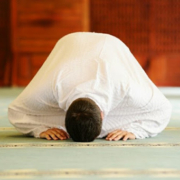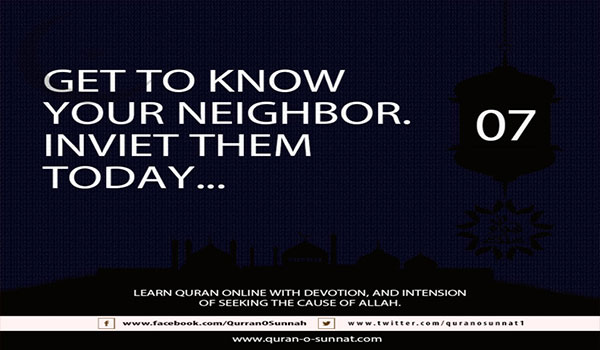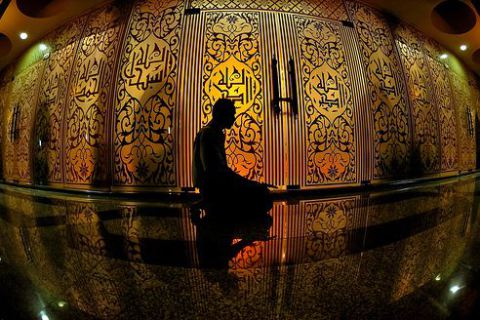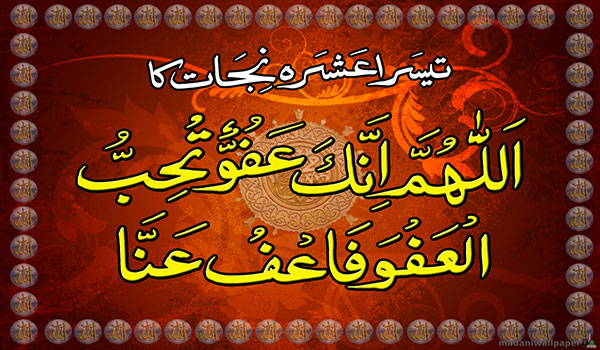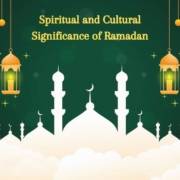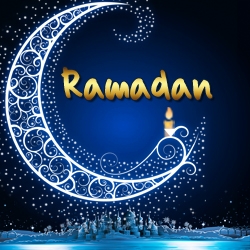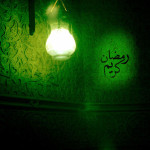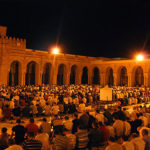RAMADAN, A Short Biography
The whole life of a Muslim revolves around the five pillars of Islam. Faith or belief in the oneness of Allah, offering prayer five times a day, giving zakat to the needy, fasting during the month of Ramadan and pilgrimage to Makkah once in a lifetime for those who are capable. Fasting is one of the significant pillars of Islam, in which it is mandatory for all sane, healthy and adult Muslims to fast. The holy Ramadan is the ninth month of the Islamic calendar. The holy Prophet (PBUH) received His first revelation in this sacred month. Imam Ibn Kathir explains
Allah praised Ramadan among other months, because He had chosen among all months of the month to reveal Quran the great to His prophet.
Ramadan is a time of spiritual meditation, elevated devotion and worship. Muslims are expected to follow the teachings of Islam. The perks of fasting are manifold. The fast begins at dawn and ends at sunset during which Muslims forgo food, drink and sexual relations. Ramadan teaches Muslims to better practice self-discipline, sacrifice, self-control and compassion for those who are less well-off and thus promoting largesse and charity. Abu Hurayrah reported that the Prophet (PBUH) said:
The blessed month has come to you! Allah has made fasting obligatory upon you during it. During it, the gates of Paradise are opened, the gates of Hellfire are locked, and the devils are chained. There is a night [during this month] which is better than a thousand months. Whoever is deprived of its good is really deprived [of something great]. (Ahmad, an-Nasa’i and al-Bayhaqi)
In this holy month Almighty Allah constantly tests His creation and give humanity the opportunity to earn infinite and never-ending bliss. Fasting is a source of entire cleansing and a means to recognize Allah’s presence. The consciousness of Allah is a safeguard against Shaitan, and oppression of this world.
The holy month Ramadan is divided into three Ashras. Ashra, an Arabic word for “10” has great significance in Ramadan. The first Ashra (first 10 days of Ramadan) symbolizes the bestows of Allah’s mercy for the pious and devout. The Second Ashra (second 10 days of Ramadan) is to plead for “Astaghfaar”, for all the wrongdoings committed. In the third Ashra (last 10 days of Ramadan) Muslims ask for Allah’s blessings to save them from the burning fires of Hell. In the last Ashra lies the night of power, Laylatul Qadar. Good deeds performed on this special night are considered better than those implemented over thousand months. Prophet (PBUH) said :
Look for Laylatul-Qadr in the odd nights of the last ten days of Ramadan
